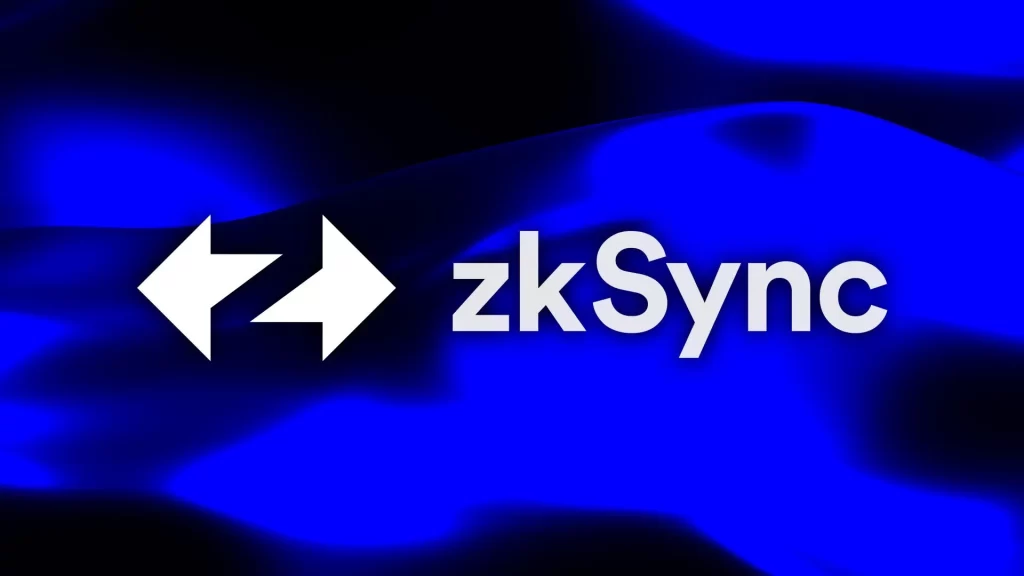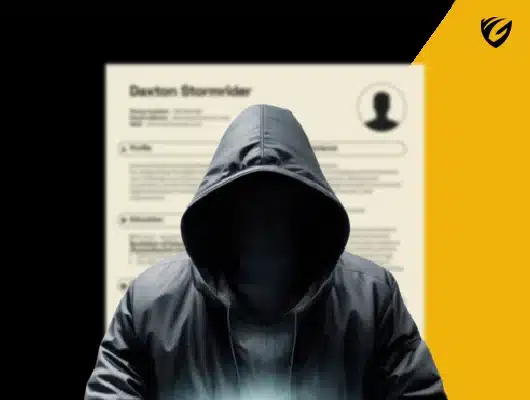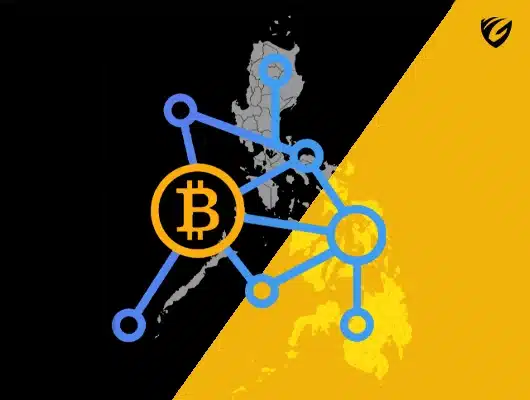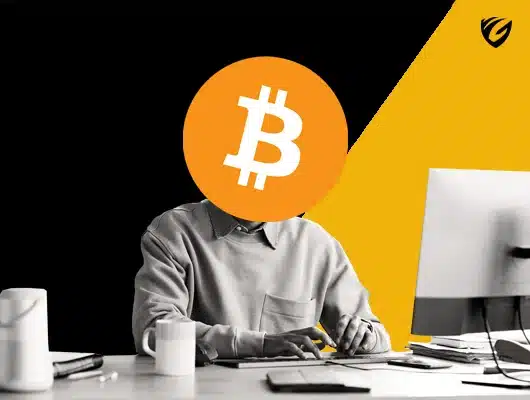zkSync Denies Insider Minting Allegations for NFT Airdrop
Matter Labs, the developer behind Ethereum’s layer 2 network zkSync, has firmly denied allegations of “insider minting” related to the distribution of Libertas Omnibus non-fungible tokens (NFTs). These allegations surfaced following a detailed post by blockchain researcher soEasy, who claimed that the zkSync team had distributed NFTs to insiders who were not eligible according to the stated criteria.

Claims of Insider Minting
On June 17, soEasy accused the zkSync team of distributing Libertas Omnibus NFTs to friends and insiders, bypassing the official eligibility criteria. This alleged “insider minting” reportedly allowed these individuals to participate in the ZK token airdrop without fulfilling the required conditions.
In response, Matter Labs released a statement on June 26 denying any wrongdoing. The company clarified that there were no invalid mints and that all minters of the Libertas Omnibus NFT were eligible based on the official criteria. According to the statement, eligibility was determined through interactions with the top 100 zkSync NFTs or by attending specific events where attendees could scan a QR code to mint the NFT.
Criteria for the ZK Airdrop
Matter Labs emphasized that holding a Libertas Omnibus NFT alone did not qualify anyone for the ZK airdrop. The eligibility for the airdrop was based on a combination of factors, including the amount of funds bridged and held on zkSync Era, and specific bonus multipliers. Additionally, employees of Matter Labs were not eligible for the airdrop.
SoEasy’s research suggested that several addresses minted NFTs without meeting the official criteria. He divided these addresses into two groups, labeled A and B, alleging that Group A used contract privileges to whitelist themselves, while Group B utilized functions like “batchMint” and “safeMint” to mint NFTs for multiple addresses.
Matter Labs’ Explanation
Matter Labs explained that the centralized minting functions were used to distribute NFTs to event attendees and others who met the official criteria. They maintained that all mints were valid and that no NFTs were distributed to insiders improperly.
Cointelegraph investigated the transactions in question and found that the minting functions used required specific roles or permissions. While these functions allowed admins to mint NFTs or add users to a whitelist, the exact purpose behind each transaction remains unclear.
Matter Labs continues to deny any allegations of insider minting, standing by their claim that all distributions were handled according to the official rules. The debate over the legitimacy of these mints remains unresolved, as soEasy has not responded to requests for further comments. This controversy is part of broader criticisms regarding the zkSync airdrop, including concerns about insufficient Sybil filtering and bot farming.



